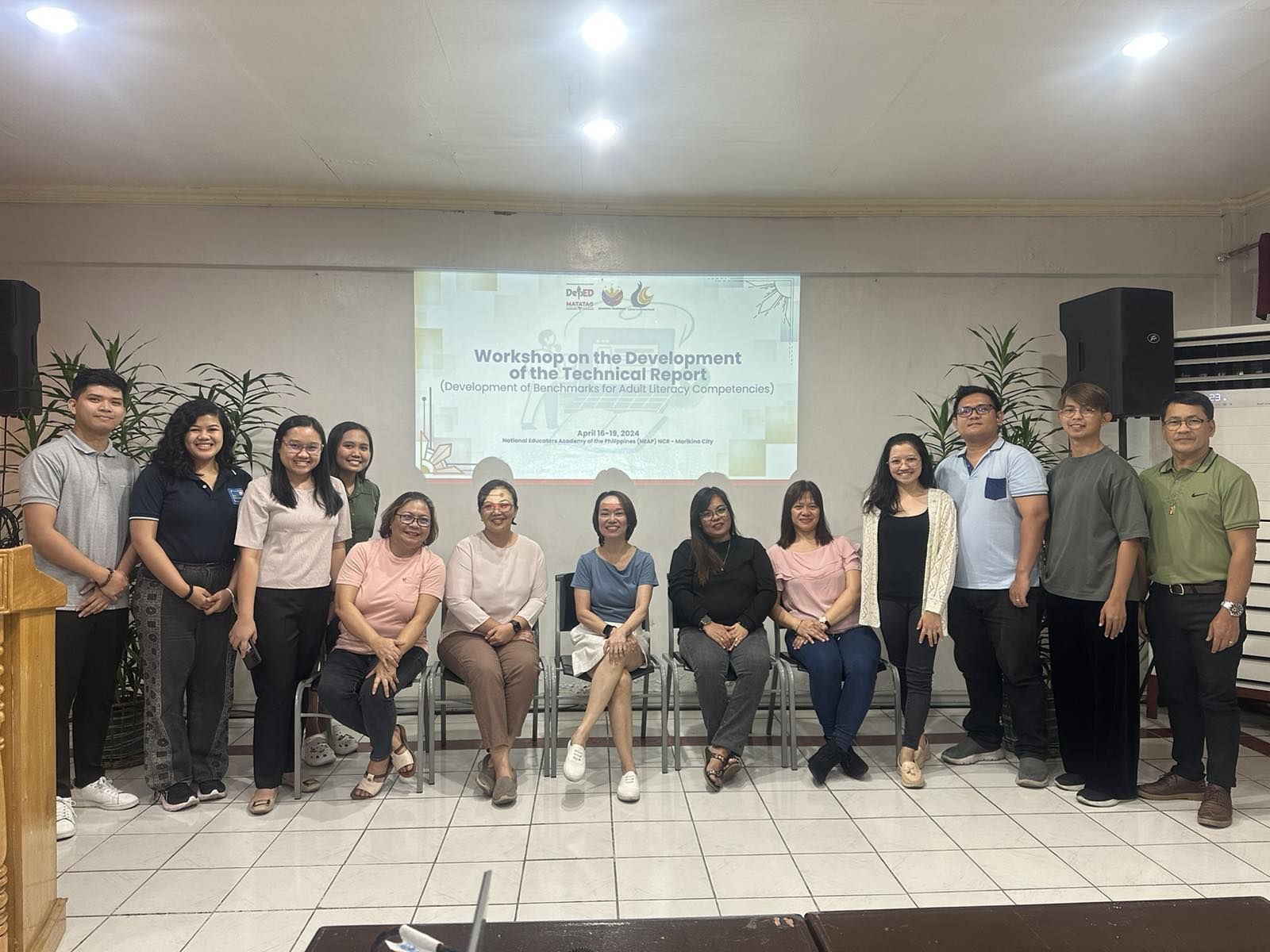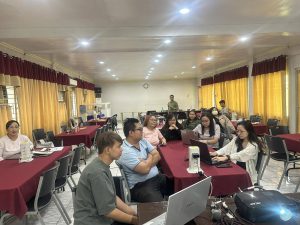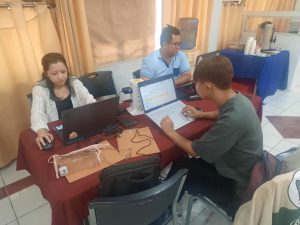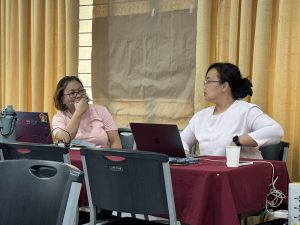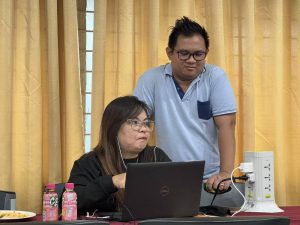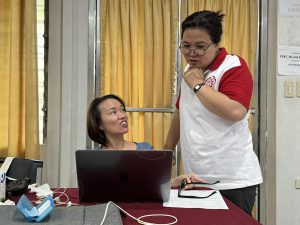LCC and PNU Collaborate to Develop Benchmarks for Adult Literacy Competencies
Marikina City- In line with the Policy Research and Development program of the Literacy Coordinating Council (LCC), a collaborative workshop was conducted on April 16-19, 2024 at the National Educators Academy of the Philippines (NEAP) National Capital Region (NCR), Marikina City. It was attended by the Philippine Normal University (PNU) Research team and selected personnel from the LCC Secretariat.
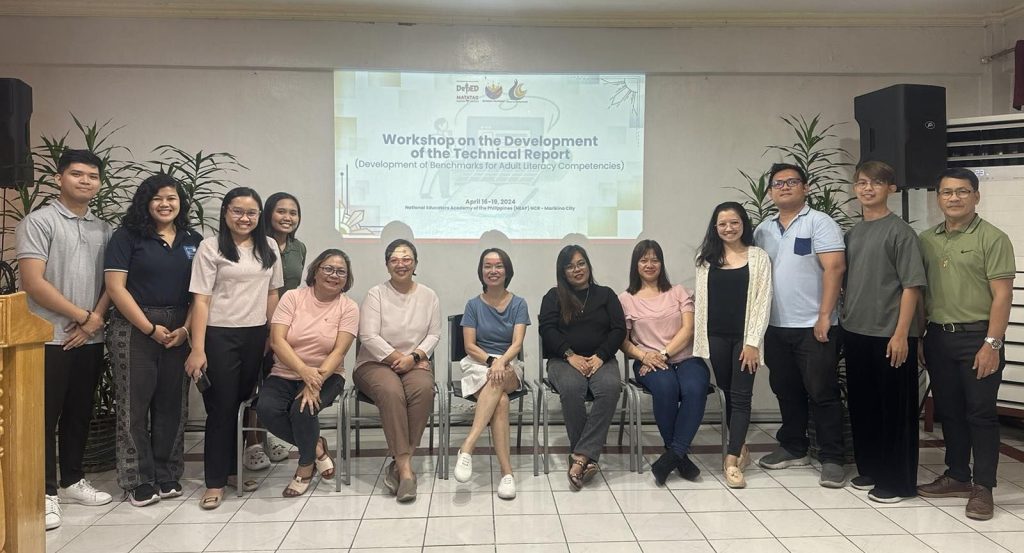
LCC is mandated to provide policy and program directions for all literacy endeavors to further universalize literacy nationwide. Hence, as a step forward, LCC through the PNU is currently undertaking research and development work titled “Research Study on the Development of Benchmarks for Adult Literacy Competencies.” It aims to assess international standards on literacy and develop a benchmark for adult literacy competencies as a reference for policy recommendations. Dr. Heidi B. Macahilig, the Research Project Lead from the PNU led the discussion of the said study in this workshop.
One of the activities was to provide comprehensive and coherent indicators for each theme which is the different types of literacy such as the legal, sexual, environmental, health, technological, critical, computer, financial, socio-emotional, civic, ethical and moral, media and information, language, cultural, intergenerational, basic, digital, entrepreneurial, governance and news literacy. Dr. Macahilig and her research team focused on the abovementioned top 20 themes which is the result of the Focus Group Discussion (FGD) sessions conducted in 16 regions. Those themes will be further revealed vis-a-vis the specific indicators based on existing literature and anchored on the National Literacy Framework. These themes must serve as the basis for the development and validation of the Research Tool in the Phase 2 of the study.
The participants have successfully discussed and consolidated the results of the FGDs relative to the conduct of the Research on the Development of Benchmarks for Adult Literacy Competencies Phase I. Dr. Macahilig shared the status update on the technical report document. Afterwards, they unpacked the different types of literacy relevant to adult learners to understand the indicators that constitute adult literacy. The two other objectives of the workshop were met- data analysis and determination of parameters in crafting the technical report.
On the last day of the workshop, the research team presented the draft technical report outlining the research’s objectives, methodology, and findings. The final report will be submitted to the LCC Secretariat by the end of April 2024, for presentation to the members of the LCC at its next Council Meeting.
Contributed by:
Edelweiss G. Villa De Gracia
Project Development Officer II
